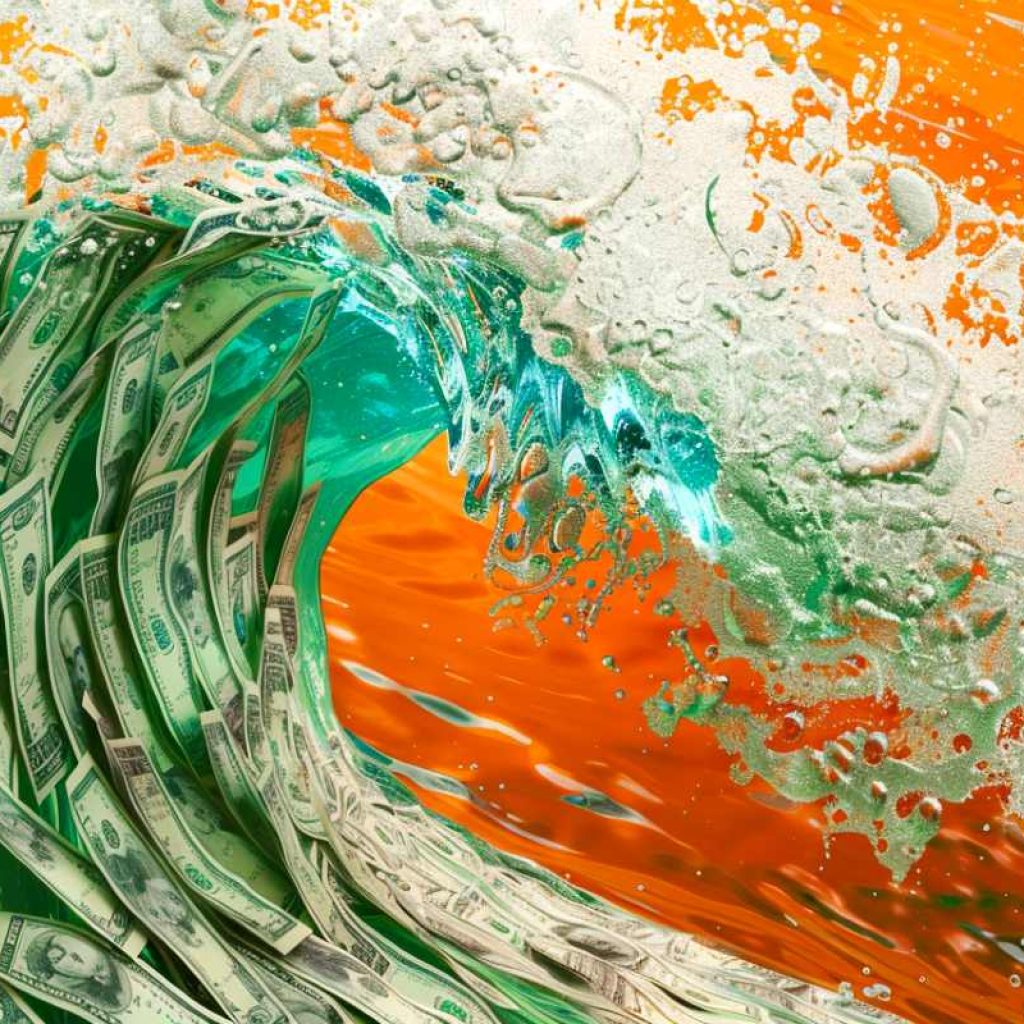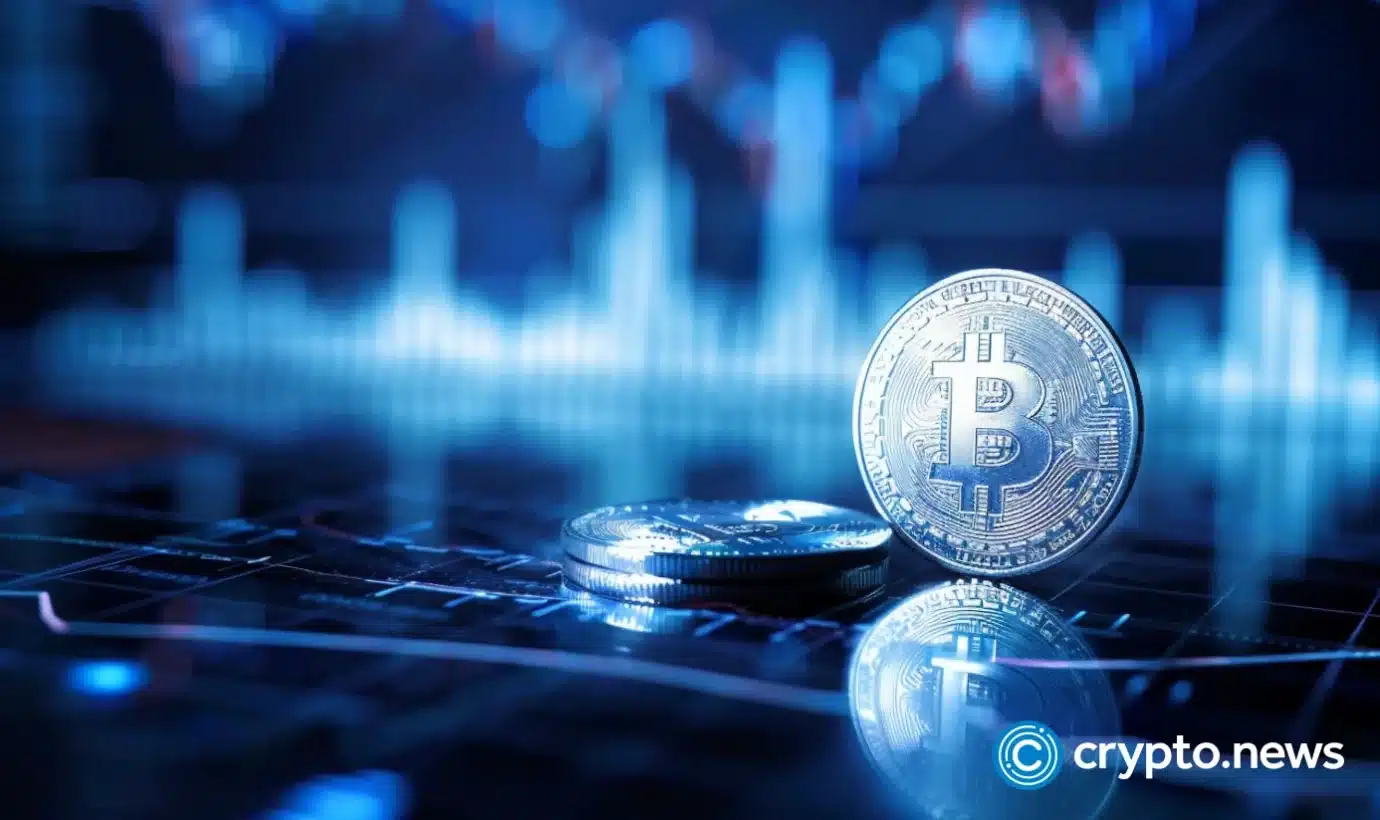Madeira, a picturesque archipelago in Portugal, is undergoing a transformation into a burgeoning startup hub with a keen focus on emerging technologies like blockchain and artificial intelligence. In a notable shift from its traditionally tourism-centric economy, approximately 30% of the island’s businesses are now immersed in the technology sector.
Madeira organizes a two-day blockchain conference
An embodiment of this burgeoning tech scene is the Madeira Blockchain Conference, a two-day event organized by the local tech community. The conference serves as a platform for startup networking and discussions on leveraging blockchain to address real-world challenges. This annual event, held at the Cultural and Research Center of Funchal (CCIF), has become a pivotal gathering for those interested in the intersection of technology and business. However, the integration of blockchain technology into gaming has faced some resistance.
Gaming companies venturing into blockchain have encountered pushback from both players and developers. Redcatpig, a traditional game studio, experienced challenges while trying to incorporate blockchain features into its games. CEO Marco Bettencourt emphasized the difficulty of persuading the startup team to explore the potential advantages of integrating blockchain into game development. Despite these challenges, Redcatpig is moving forward with a pragmatic approach, steering clear of Web3-related buzzwords.
Bettencourt stressed that players don’t necessarily need to know about blockchain or Web3; they simply need assurance that if they buy a virtual item, like a skin, they own it and can trade or sell it. In 2024, Redcatpig plans to launch its first blockchain-based game, introducing nonfungible token (NFT) skins and drones that players can trade and purchase in-game using fiat or cryptocurrency. Alexandre Mendes, Head of Ventures and Strategy at Subvisual shared valuable insights during the Madeira Blockchain Conference.
The archipelago’s strategic move toward tech development
Alexandre Mendes emphasized that startups seeking funding should be discerning about the types of investors they approach and carefully consider governance participation. Mendes highlighted strategic topics such as lockup periods, vesting, and carry, and stressed the importance of mindful decision-making in these areas. Mendes delved into the challenge of simultaneously launching a token and building a product. He argued that not every project needs a token, cautioning against the common pitfall of launching a token successfully but failing to deliver the promised product.
Mendes questioned the underlying purpose of projects, asking whether they were a technology demonstration or a genuine attempt to build a sustainable company. Madeira is actively supporting its emergence as a tech hub by offering attractive incentives to startups. Among these incentives is the Madeira free trade zone, providing tech companies with tax benefits, including one of the lowest corporate tax rates in the European Union and a capital gains tax exemption.
Rogerio Gouveia, the finance secretary of Madeira’s regional government, emphasized that the region is not an offshore haven but operates under a set of regulations and guidelines aimed at fostering economic growth. As part of its forward-looking initiatives, Madeira is developing a blockchain-powered payment network. The network aims to connect local merchants and simplify currency exchange for tourists. Currently, in the feasibility study phase, this innovative payment system is envisioned to enable tourists to load funds onto a single debit card for use throughout the archipelago.
Additionally, the same card system is intended to optimize government operations, including the distribution of public benefits such as scholarships to residents. Madeira’s transition into a technology hub is marked by its commitment to supporting startups in emerging fields like blockchain and artificial intelligence. The blend of business-focused events, pragmatic approaches by startups like Redcatpig, and insights from industry leaders such as Alexandre Mendes, coupled with favorable incentives and initiatives by the regional government, positions Madeira as an attractive destination for tech innovation in the European landscape.





